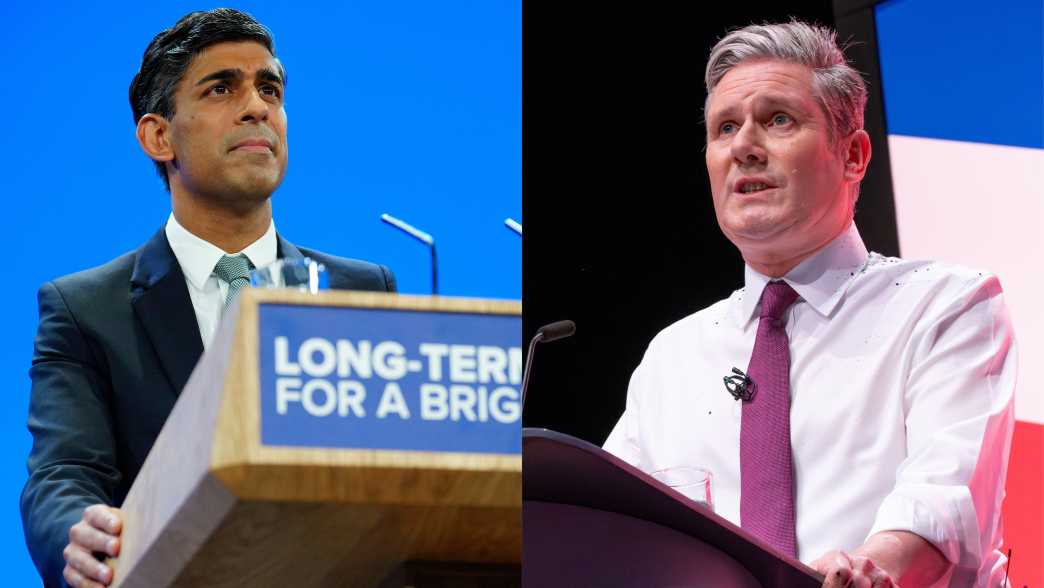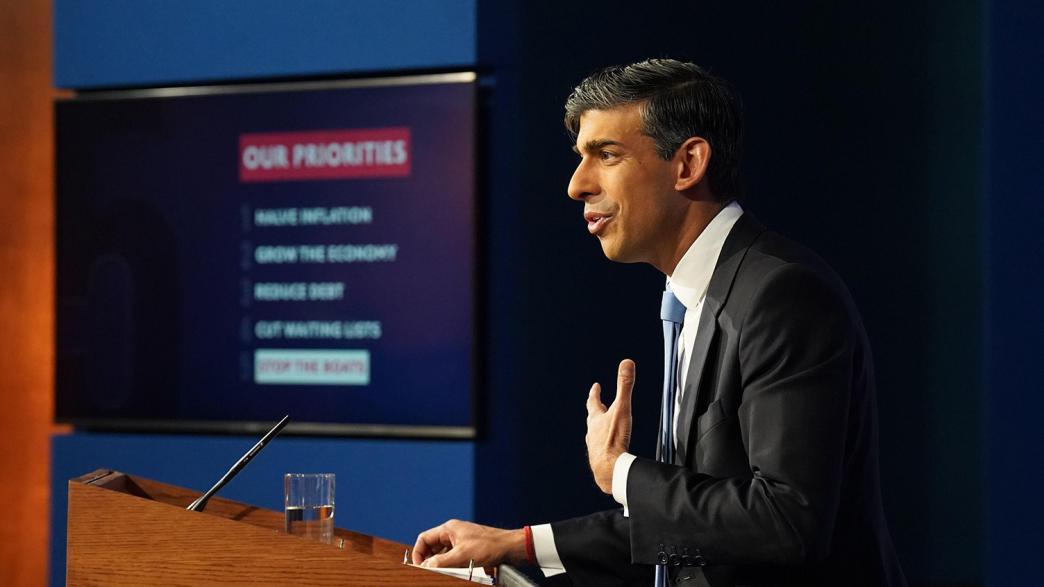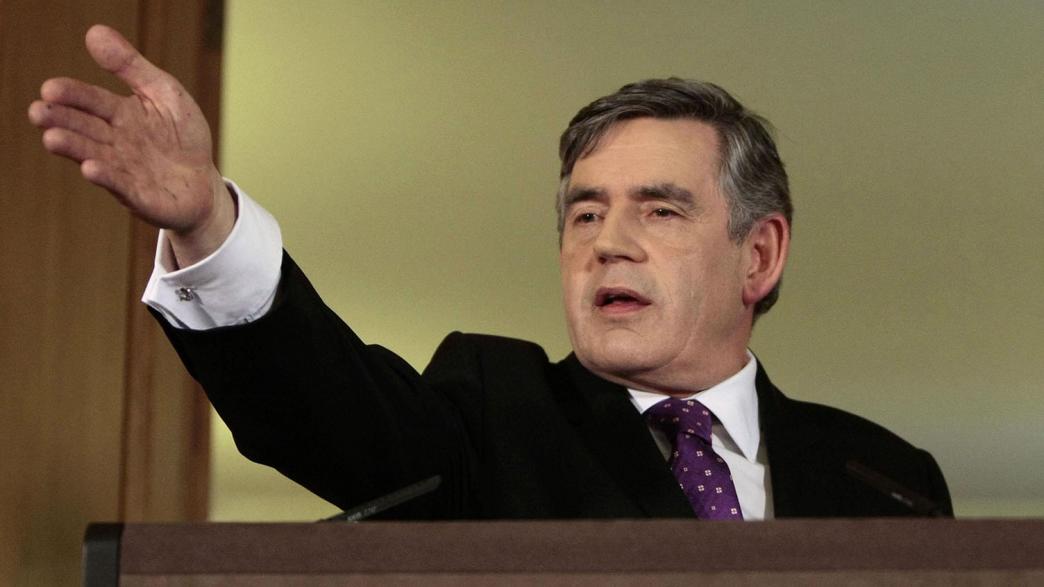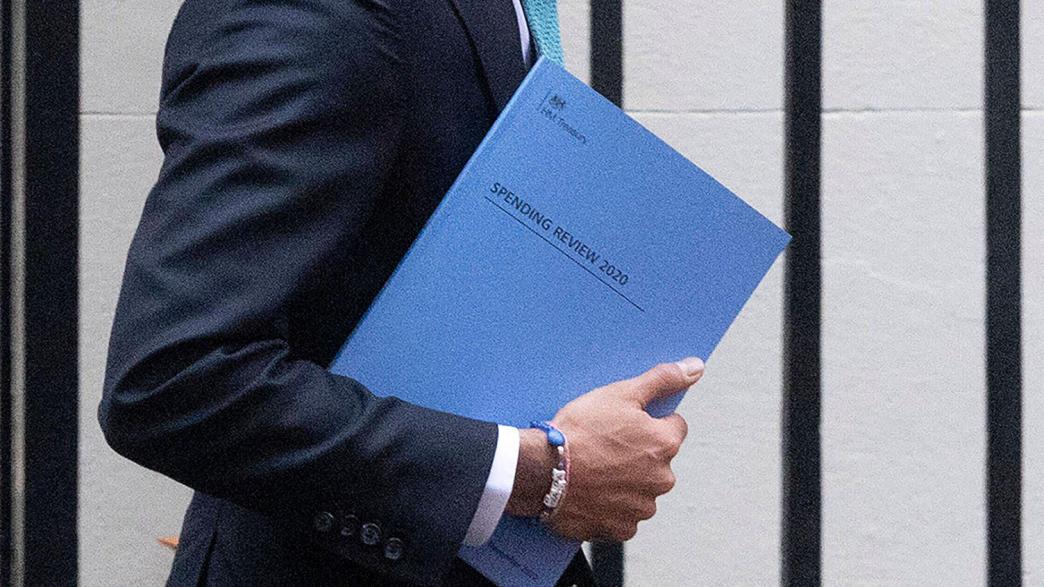The parties should focus on substance as well as sales ahead of the election
Election fever is hotting up in the aftermath of the local elections.

Election fever is hotting up in the aftermath of the local elections. Political stunts such as the defection of Conservative MPs Dan Poulter and Natalie Elphicke to the Labour Party provide short-term headlines, but the parties need to focus on substance as well as sales if they want voters to reward them in the forthcoming general election. The IfG expert team set out how

Keir Starmer (right) celebrates the election of Richard Parker (left) as mayor of the West Midlands. Parker unseated Conservative incumbent mayor Andy Street.
How the next government should complete the job of English devolution
The English devolution agenda is in need of a reset. Our report puts forward 30 proposals – which can and should be implemented over the next five years – to complete a “job half done” with a new deal for England.
Read the report
Keynote speech: Lucy Powell MP, Shadow Leader of the Commons
Join us on Tuesday 14 May when Lucy Powell will set out how a Labour government would approach parliament, the legislative process and the role of MPs.
Register to attend



